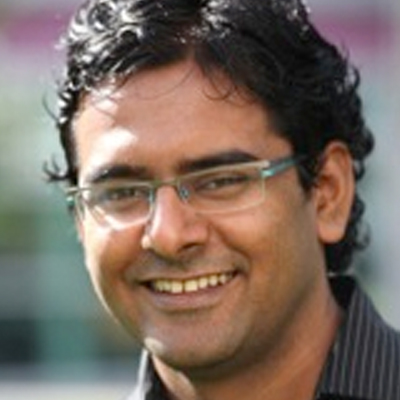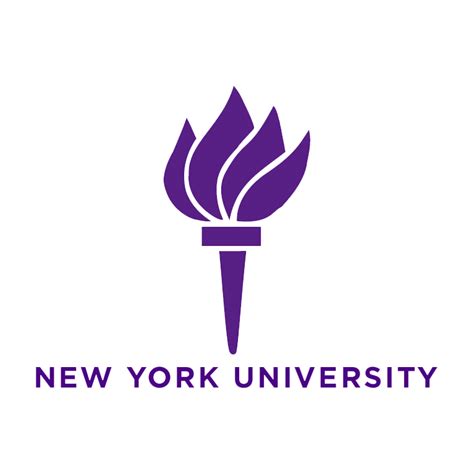Innovative computing and technology provide solutions for the developing world
In many places around the world, poverty and isolation are synonymous. However, with the widespread use of cellphones and increasing affordability and accessibility of other technologies, individuals living in poverty around the world are now being connected to medical attention, education, and more via technology. Dr. Lakshminarayanan (Lakshmi) Subramanian, Associate Professor of Computer Science at New York University, designs innovative computing and communication technological innovations to address important socio-economic development problems. Interested in the design of game-changing technologies that promote social good, Dr. Subramanian believes that technology can provide the scaffolding to promote sustainable development. At the heart of his research is the hope to bring technology to communities that otherwise would be isolated without the proper care or attention they deserve. In the last eight years, Dr. Subramanian has worked in many interesting places including Rwanda, Ghana, India, Pakistan, Kenya, Ethiopia, and Mexico all with the hope of implementing sustainable technology that will build a sustainable ecosystem.
Computing for development, or otherwise referred to as Information and Communication Technologies for Development (ICTD), is a relatively nascent field within computer science. There are a few research groups that have established themselves as centers of excellence in this space and Dr. Subramanian’s research group has played an integral part in the establishment and growth of this field. In fact, Dr. Subramanian co-founded the ACM Symposium on Computing for Development which along with the ICTD conference have emerged as one of the top publication venues in this space.With a strong emphasis on “end-to-end system design,” Dr. Subramanian and his team work towards solutions for developmental problems where many of his projects have translated into successful deployments in developing regions across the world including, large-scale telemedicine, dengue surveillance in Pakistan, mobile health platforms in India and Ghana, and new mobile fingerprinting tools for enhancing accountability.
Current research includes:
- Rural Connectivity and Information Access: A significant fraction of rural regions remain disconnected with no network connectivity due to the lack of viability of existing connectivity solutions. To address this challenge, Dr. Subramanian and his team have made significant contributions in the design of long-distance wifi networks, high performance mesh networks, software-defined rural cellular networks and reliable solar-powered computing platforms. Their research has led to several real-world deployments in different countries and this line of work has also led to successful entrepreneurial efforts. Additionally, he and his team are designing a completely new Web architecture which can provide nearly a 50-100x enhancement in end-to-end performance with several fundamental changes to the Web stack across different layers thus providing web access to people that are in the most rural parts of the world.
- Mobile Computing: 92% of people in Rwanda have a cell phone therefore, the question becomes what do you do with that? Designing applications for mobile technologies could have exciting implications. To enhance healthcare delivery and financial access in developing regions especially for underserved populations, Dr. Subramanian’s research group has developed several new mobile technologies including new mobile healthcare platforms, mobile search mechanisms and new mobile fingerprinting technologies. Some of these works have led to successful deployments in various developing countries and the fingerprinting technology has been launched as a startup. For example, Dr. Subramanian’s recent startup has helped to make transactions more secure by protecting against forgery and increasing security.
- Societal Network Science: Dr. Subramanian’s research group has recently embarked on a new effort on "societal network science" where the goal is to understand important societal, social and human indicators based on diverse and noisy data sources and network characteristics of how humans and entities interact within a societal context. Specific example projects in this space include: (i) early prediction of dengue outbreaks in Pakistan based on health hotline data; (ii) understanding event networks in social media and how these events impact macroscopic socio-economic factors;(iii) understanding sudden traffic jams in road traffic networks.
Bio
When asked why he cared about ICTD, Dr. Subramanian replied “you have one life, so what are you going to do with it?” Growing up in India, he recalls the poverty that surrounded him. He explains, “as a child, I saw the entire spectrum of living in only a few blocks.” Motivated by the poverty he encountered as a child, strong mentors, and a passion for technology, Dr. Subramanian works in ICTD because he cares about people and the large societal problems that they encounter. If there is something he can do to address these challenges, with computer science, he would like to do so. With the strong belief that technology is a game-changer, Dr. Subramanian hopes to create new markets that will inspire and encourage people across the globe, and especially those living in poverty.
Dr. Subramanian’s specific research interests are in the areas of networking and computing for development. Driven by a strong desire to bridge the digital divide and make computing useful to the significant fraction of the world’s population that lives in under-developed areas with very limited resources, his research is likely to continue to have a strong impact on the global community.
Website: http://www.cs.nyu.edu/~lakshmi


